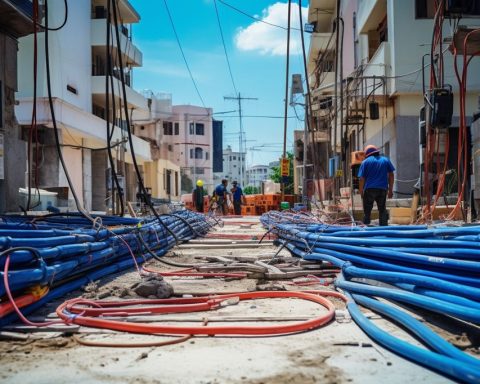The Western Cape Department of Police Oversight and Community Safety (POCS) has recently reported that 283 cases across 33 courts and 82 South African Police Services (SAPS) stations in the province were dismissed due to police inefficiencies between October 2022 and March 2023. These cases belong to the second and third quarter reports of the POCS Court Watching Briefs (CWB) unit that monitored 153 cases in the third quarter and 130 cases in the fourth quarter.
Dismissed Cases Highlight Police Inefficiencies
The third quarter report highlights a post-monitoring brief of 84 murder cases linked to 20 SAPS stations, 33 fewer than the 117 dockets requested from SAPS. Out of the 283 cases, 77 are related to gender-based violence (GBV), while the remaining 206 cases involve various offenses including assault-grievous bodily harm (GBH), murder, aggravated robbery, drug possession and dealing, and possession of firearms and ammunition.
Concern Over the Criminal Justice System’s Failure
Western Cape Minister of Police Oversight and Community Safety, Reagen Allen, expressed his deep concern over these statistics, stating that they paint a grim picture of the criminal justice system’s failure to deliver justice to the affected individuals. He also emphasized that the cases monitored by the CWB unit only represent a fraction of the total cases that could potentially be dismissed due to such inefficiencies.
Holding Officers Accountable
Allen plans to engage SAPS Provincial Commissioner Lieutenant General Thembisile Patekile to discuss holding the officers accountable for these failures. Determined to address the pain, suffering, and injustice endured by the victims, Allen also mentioned several recommendations based on the findings, including developing an improvement plan to minimize the number of cases dismissed due to police inefficiencies.
Consultation with the Director of Public Prosecutions
Furthermore, Allen intends to consult with the Western Cape Director of Public Prosecutions, Advocate Nicolette Bell, to gain insight into potential improvements and avoid repeating such failures in the future. He highlighted the need to understand the breakdown between investigators and prosecutors as per their standard operating procedure and ultimately deliver better results for victims of crime.
Addressing Shortcomings in the Criminal Justice System
This situation underscores the crucial need for reform and improvement within the South African criminal justice system. The victims and communities affected deserve a transparent, efficient, and effective system that holds perpetrators accountable and ensures justice is served. It is the responsibility of all key stakeholders to work together to address these shortcomings and create a safer, more just society for all.












